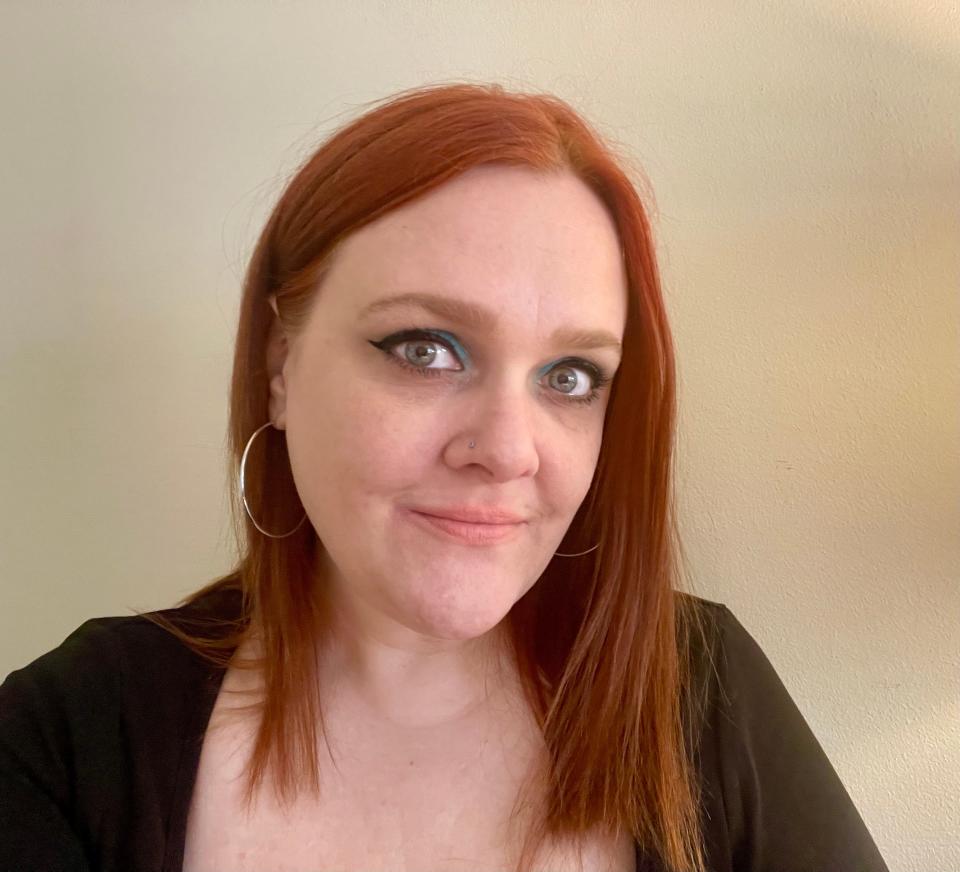From the editor: Your story matters, and The Fayetteville Observer is listening
The newsroom staff at The Fayetteville Observer has learned in recent years that earning trust is hard work — and it should be.
More than that, though, it’s fulfilling work.
In 2022, I wrote about our efforts to do a better job of reaching Black people in our community. That journey started with the knowledge that the Observer hasn’t always done right by the Black community, ranging from active harm (running ads for enslaved people or running an endless stream of mugshots) to neglect (not adequately covering issues important to Black people in our community). We are striving to change that and have spent the past couple of years trying to build — in some cases mend — relationships and earn trust in Cumberland County's Black communities.
Black people make up 40% of Cumberland County’s nearly 340,000 population and 42% of Fayetteville’s nearly 210,000 people. When you cover a community, it is imperative to cover the fullness of life that exists within that community.
We aren’t perfect, but we try to do better every day.
Putting in the work
We’ve made a concerted effort to listen to people in the Black community about what they want from us — not just what we think they want from us.
Readers told us they wanted more stories about people helping their community. We listened.
• 'You're loved': Fayetteville State hosts more than 300 young men for inaugural summit
• Fayetteville youth need a safe place to go. Carl Pringle has a plan to help.
• Fayetteville's living history: Neighbors work to preserve historically Black neighborhood
Readers told us they wanted more stories about young children and teens. We listened.
• Meet Fayetteville’s Future Black History Makers
• 3-year-old Fayetteville model struts the runway at New York Fashion Week
• Fayetteville bowler from Westover is state champ — with hopes of going higher
Readers told us they wanted us to investigate issues that particularly affect Black people. We listened.
• Fewer Fayetteville-area minorities own their homes than whites. What can be done?
• NC Black babies have a higher death rate. We must help them survive.
Readers told us they wanted more coverage of local people doing great things. We listened.
• Meet the Fayetteville doula fighting to improve Black maternal health, infant mortality rates
• Meet Jelisa Montalvo, the chef behind Dorothy’s Catering, a 40-year Fayetteville tradition
• Why I Joined: Fayetteville native enlisted for opportunity. Now, he's leading troops.

Listening to Black women
It’s not just about the stories, although that’s obviously important. It’s about building relationships.
Black people aren’t a monolith. There are many intersectional ties to explore within such a large group of people, and in 2023, we felt that it was time to narrow our focus when we were given the opportunity to enhance our community engagement through an American Press Institute grant.
The group we chose was a no-brainer: Black women professionals. Black women are often the movers, the shakers, the leaders and the helpers in this community. We wanted to hear from them.
We identified a couple dozen Black women professionals in Cumberland County and invited them to an evening of wine, appetizers and a discussion moderated by retired Cumberland County Senior Resident Superior Court Judge Greg Weeks at the Sip Room in downtown Fayetteville. Our topics included race and the media, education, family, business and health.
The feedback was powerful: "I felt heard," one woman wrote in an anonymous survey of participants. “Such care and thoughtfulness was put into this — it felt welcoming and sincere,” wrote another.
That was a common refrain during and after the event — these women appreciated the chance to share their thoughts, and we hoped to show them we were listening. We have since published several stories that came directly from that listening session, including a two-part series on youth mentorship, as well as a story looking at the funding barriers Black women-led nonprofits face.
We continued the conversation in a private Facebook group, as well as in a follow-up moderated discussion in December. One of our original participants, Sylvia Glanton, offered to host that discussion at her downtown Fayetteville business, Personameant Solutions. Some of our original participants brought friends. One brought her daughter. One participant, Tiffany Campbell, left the session with the idea for her 100 Black Women in Black event that happened Saturday in downtown Fayetteville.
What's next?
It meant a lot to us at the Observer that these women were willing to continue the discussion and even bring new people into it. We plan to make these events a regular occurrence in 2024, and we’ll continue to keep the conversation going in our private Facebook group, Your Story Matters: Community Conversations with The Fayetteville Observer.
Our ultimate goal is to make this kind of engagement a habit, part of our jobs and part of our organization’s DNA. We are off to what we believe is a very promising start.
News director Beth Hutson can be reached at bhutson@fayobserver.com or 910-486-3533.

This article originally appeared on The Fayetteville Observer: Fayetteville Observer editor: Reaching Black readers

